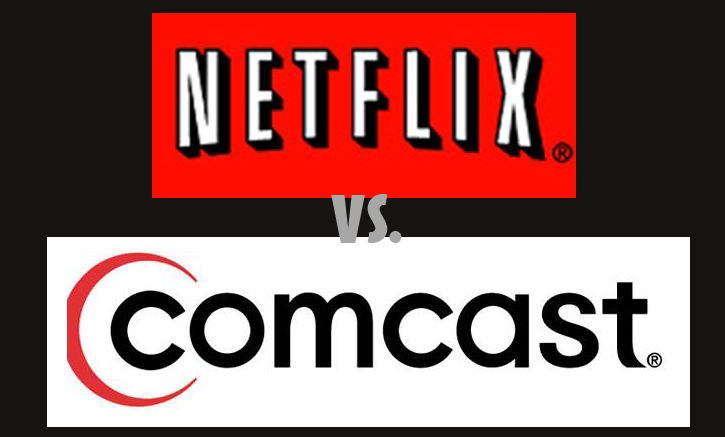Your Comcast bill may soon include some shiny new fees to supplement existing fan favorites like the regulatory recovery fee, the franchise fee, and the ever-popular modem rental fee. Comcast now wants to model its billing practices after the wireless industry, and the mass media giant has already rolled out usage-based pricing in test markets throughout the country.
At the heart of it, Comcast is attempting to offset declining revenue as more customers cut the cord from cable television service. According to a recent Bloomberg report, Comcast has gone about this by charging higher broadband prices to customers who exceed a set monthly usage limit of 300 gigabytes per month (roughly the equivalent of streaming high-definition video for five hours a day). In the trials, those customers have the option to pay $10 per additional increment of 50 gigabytes. In some cities, Comcast subscribers can pay up to $35 more for unlimited data, while those who stay under 5 gigabytes per month get $5 off their bill.
So, what gives? The approach is aimed at a small percentage of customers – around 8 percent, according to Comcast – who take up large amounts of its broadband network by streaming videos and other web activity. In other words, online gamers, file-sharers, and Netflix-and-chillers everywhere should be paying attention.
“We’re just trialing ways to have a balanced relationship (with Netflix),” Comcast CEO Brian Roberts said at the Business Insider Ignition conference last month. “I don’t think it’s illogical or something people should be paranoid about.”
According to Nielsen, the average U.S. household watches about five hours of TV a day. Comcast claims it would take more than seven hours of video streaming to exceed its limit. For now, customers in the trial areas get a three-month grace period before any fees are issued.
Comcast’s new Stream TV service has drawn criticism because it allows customers to watch some programming on laptops and smart devices without that usage counting towards a data cap. The concern about such a practice is that it poses a conflict to net neutrality rules and may violate an agreement Comcast made to not favor its own services over others and to treat all web traffic equally. The U.S. Federal Communications Commission has not yet taken a stand on the matter.
Of course, there are alternative ways to go about usage-based pricing. Google’s Project Fi refunds any unused data from a billing cycle, while AT&T and T-Mobile both allow unused data to be rolled over to future billing cycles. In 2008, Time Warner Cable implemented a cap similar to the one Comcast is proposing, only to remove it a year later after public backlash. Charter Communications has vowed to do away with data caps for three years if its merger with Time Warner is allowed by regulators.
From Netflix’s perspective, it obviously needs broadband service from the carriers in order to exist. Netflix has already taken measures to reduce its broadband consumption, although the real difference-maker would be an eventual FCC ruling in its favor.


I would be fine with Comcast Data Caps if we had other broadband options to chose from. Like many people in this area all I have to chose from is Comcast or DSL. Asshole Verizon never laid lines for Fios in my area. FU COMCAST.